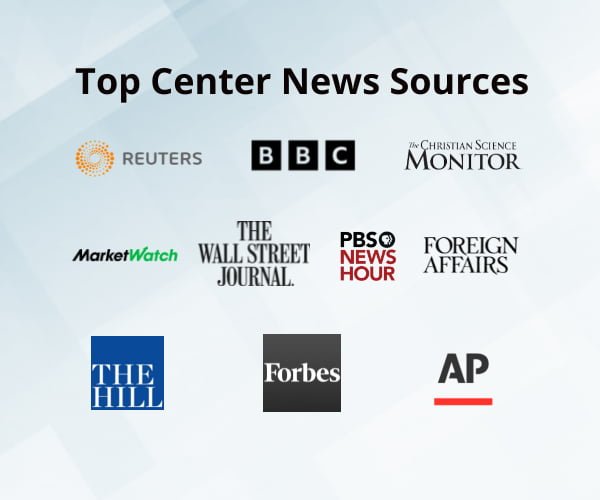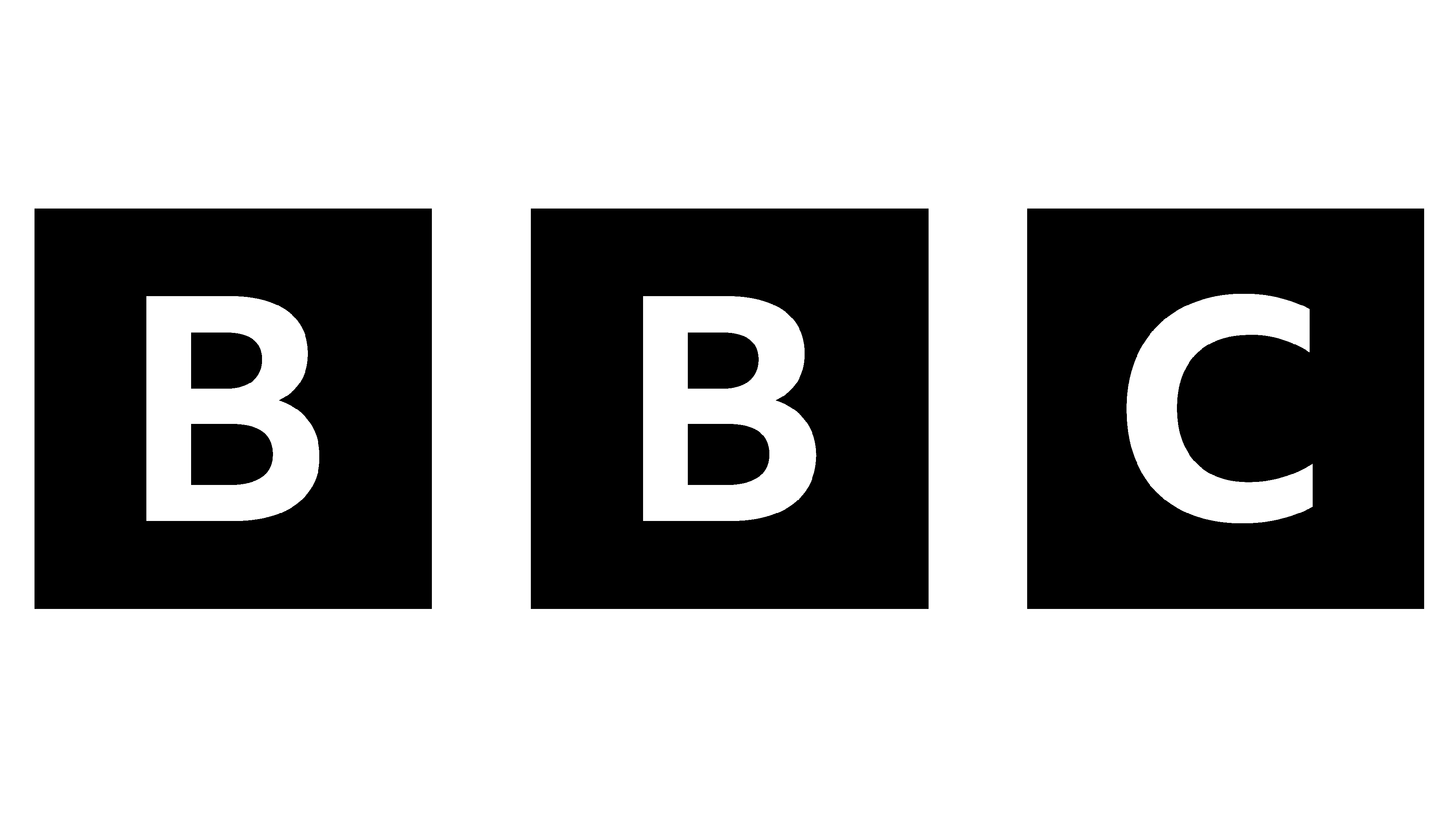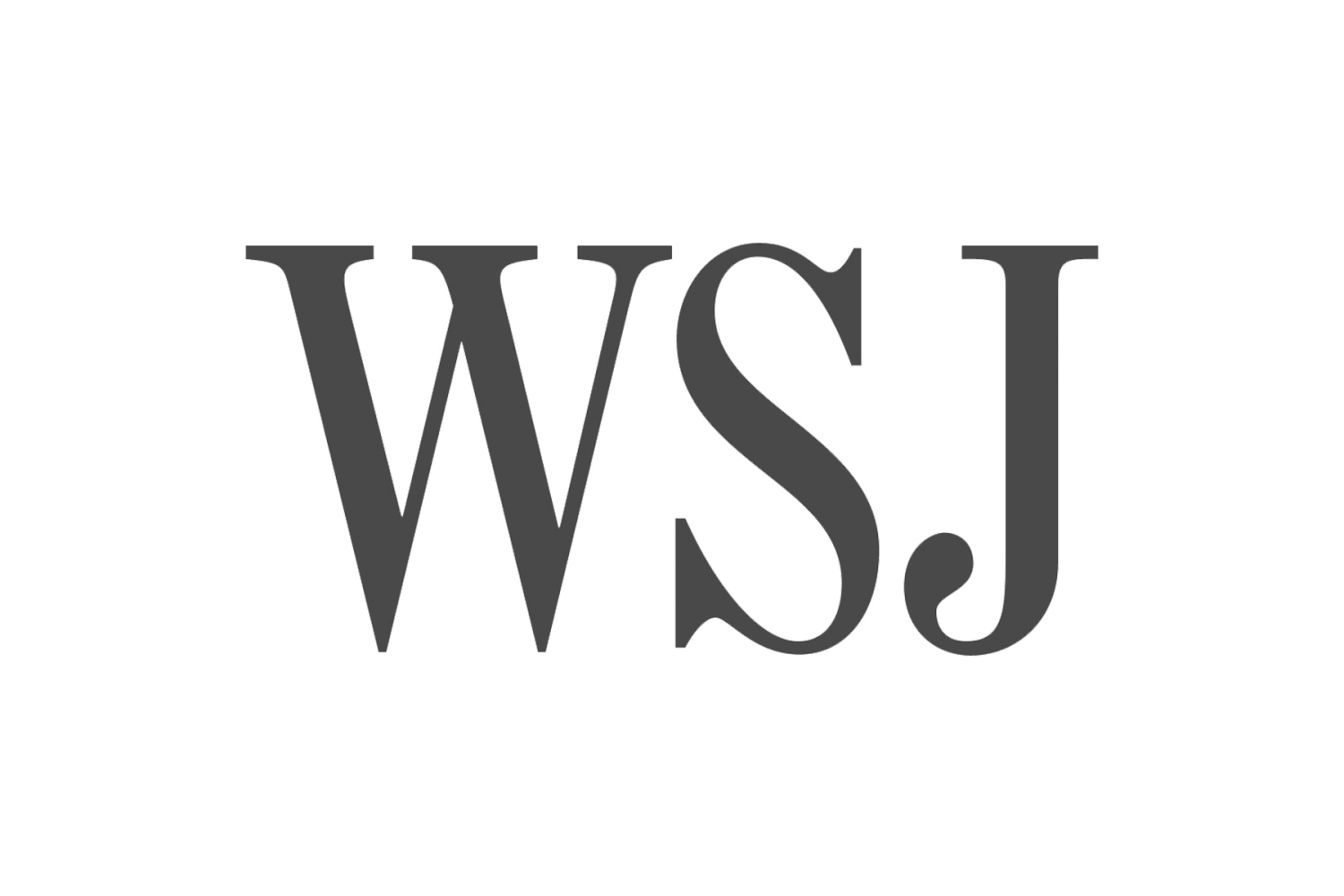
Dedicated to determining bias ratings between different news sources and political figures, Biasly has produced a list containing the top eleven center-leaning news sources (in no specific order). Included, are brief descriptions to explain why each source is chosen on our top unbiased news sources list. Living in an increasingly digitized world has allowed people to receive and share information regarding news at top speed. However, with this increasing development also comes many consequences. People often look to the media that is most easily accessible to them to determine their political party affiliations or stances on specific topics, but these sources may vary in their bias as they choose what ways to cover these events.
With political polarization- an increase in extremity between conservative or liberal parties- rapidly increasing, it is important to also assess news that originates from neutral sources. These center, neutral, or moderate, sources will be able to present facts and evidence that support their statements, which allows someone to freely curate their own beliefs without provocative language or the political leanings of a third party.
Is there such a thing as a “perfectly neutral” source?
Since politics consists of human actions, debates, and opinions, it can be difficult to find a news source that is completely unbiased one hundred percent of the time. However, this list will provide news sources that are usually centered (and may only slightly lean toward either side of the spectrum sometimes). While neutral news sources may not be as persuasive as sources that demonstrate partisan views, the writing in these sources shows great research and is heavy with information any informed reader can take away.
Here are the most center-leaning news sources:
1. Reuters

Reuters has placed in the top 48 between a variety of news sources and media companies, showing effective and mostly non-partisan bias. They have reliable sourcing, perform extensive research, and have steadily been able to deliver international stories at a current speed which allows people to be up to date on news.
2. BBC News

BBC News The BBC holds center views on policies and in their approaches to covering news media, which has earned its top 13 spots among competitors within the political news arena. Originating in the United Kingdom, their outsider perspective towards American politics allows them to view all sides of the story and provide an all-encompassing assessment.
3. The Christian Science Monitor

The Christian Science Monitor, a nonprofit organization, was developed as a way to combine several perspectives under one company as they have placed importance on finding out the values that drive the news they cover. Whether it debates regarding the economy or freedom, the Christian Science Monitor aims to provide insightful looks into these stories. While not assessing every single story through a religious Christian perspective, they do publish articles assessing specific news through this lens both online and within their newspaper.
4. MarketWatch

MarketWatch provides financial news and analysis on stock market trends, personal finance, and economic updates. The site is fairly center-leaning with an overall average that may be center-right due to its economic and financial focus. However, it does contain some left-leaning tones.
5. Wall Street Journal

The Wall Street Journal is another economic-focused news source that speaks to both sides of the aisle and may lean right on more fiscally conservative ideals and more center-leaning on other policies, and possibly even left on others.
6. PBS News Hour
While PBS NewsHour, a government-funded media source, leans slightly liberal within the center range, they have been proven reliable in their content since the 1960s, and readers can still gain accurate information based on facts. Of course, this coverage may even slightly change when new administrations are in office.
7. Foreign Affairs

Foreign Affairs Magazine, created by the Council on Foreign Relations, has been able to provide insightful and research-loaded articles that are great for people who want to go beyond the headlines and fast stories. Their focus on international news and foreign affairs provides in-depth articles that discuss the debates surrounding the topics they present.
8. The Hill

The Hill is one of the biggest, independent news organizations residing in the United States, with around 41 million visits from readers trusting them and their news. The Hill is moderate on most positions it takes and at times in the past may have shown more left or right leaning articles. Nevertheless, the site strives to stay obejctive.
9. Forbes

Forbes can be a great resource for people interested in business and the economy, as well as the relationship that politics holds between these two. The source is fairly moderate and center-leaning in its articles and may provide both left-leaning and right-leaning articles on its site, whereas in both it may still seek to remain more moderate.
10. The Associated Press

The Associated Press is a well-renowned news source that demonstrates effective research and rational writing and has been a pioneer in center news delivery since the 1840s. Not every piece is unbiased but fairly speaking, AP remains to be one of the lesser-biased news sources out there. It has been known to have had writers that are slightly left-leaning or somewhat liberal bias for disfavoring politicians such as Donald Trump.
Descriptions of each news source on the list
With the use of Biasly’s A.I. Bias Score Ratings, readers are able to see the several ratings that these news sources have received that labeled them mostly “centered.” Biasly uses A.I. generated scores and analysis to determine if news sources, politicians, or articles may favor partisan views. Bias ratings can range from left-leaning, liberal, center, right-leaning, to conservative.
What can one learn from center (neutral) sources?
With many options to choose from, one must be careful in the form and type of media they consume their information from. It is also important to keep in mind that we should not always consume the same information as it can create an echo chamber, where discussions and ideas are only held between people who already agree. Not only is it important to be informed on the opposing sides’ perspectives, but in what the simple facts and information surrounding a political event are. One can also rest assured in knowing that the companies behind these articles that are being shared do not have as big of an agenda to persuade others.
Should I only accept information from centered sources?
People wanting to be updated on political news locally and around the world should look at various sources. While centered sources can often provide the most accurate and unbiased information, they can act as a foundation and be paired with other articles. Partisan companies and news media sources can offer insights into the opinions of those in other political affiliations that the center-based sources aren’t willing to discuss but are important. Additionally, it is important to brush up on the opposing party’s arguments and any notes they may present in debates. Not only will centered sources act as a great basis, but they can also be used in addition to other sources.
How can I tell if a new source is biased or unbiased?
In this example, News Channel 5 Nashville covered damage inflicted on their local courthouse, and they were called out for showing bias in their news coverage. Despite both men being felons, one was addressed by his name while the other was simply called a felon. In the left article, the suspect was also described as participating in “riots,” while the other was simply listing a few crimes he did on his own. After being called out, this news company acknowledged the differences, solved the wording on both, and held the standard for themselves to do better in the future when covering similar news.
With loaded language and emotional wording, news sources demonstrate bias through various means. Here are some questions you can ask yourself to find the best-centered news articles and sources for yourself.
- Is it partisan? When a news media source shows favoritism towards a certain party, their article and wording may usually show them in a more positive light.
- Do they only focus on big stories? If a news media source tends to only write stories that are popular or controversial, their priorities are usually more clicks and not actually informing people.
- Are they attempting to invoke any reaction from me? With any controversial topic, biased sources may attempt to shock you and get you to click on their article.
- Are they using provocative language or images? With emotive words, sources are able to appease towards or against any party. Watch out for phrases that can be used for clickbait.
- Do any big corporations fund them? If there are corporations backing the funding of a news media source, they are able to persuade and have a say in what stories are told and how they can be portrayed.
With the fast reach of news just a few clicks away, anyone is able to share information that can be false or skewed. Biasly prides itself in its Media bias rating scores and has found the top 11 centered sources are most helpful when compared with other news sources on other sides of the aisle. You can view our side-by-side news page to explore these. Before you believe any headline or new news source, rest assured that these have been shown to be reliable, full of great writing, and in-depth research.






















